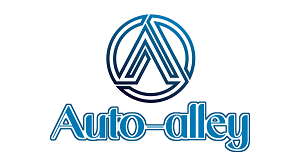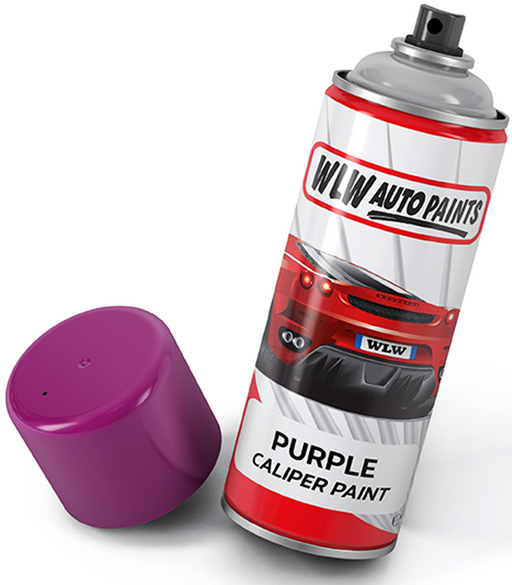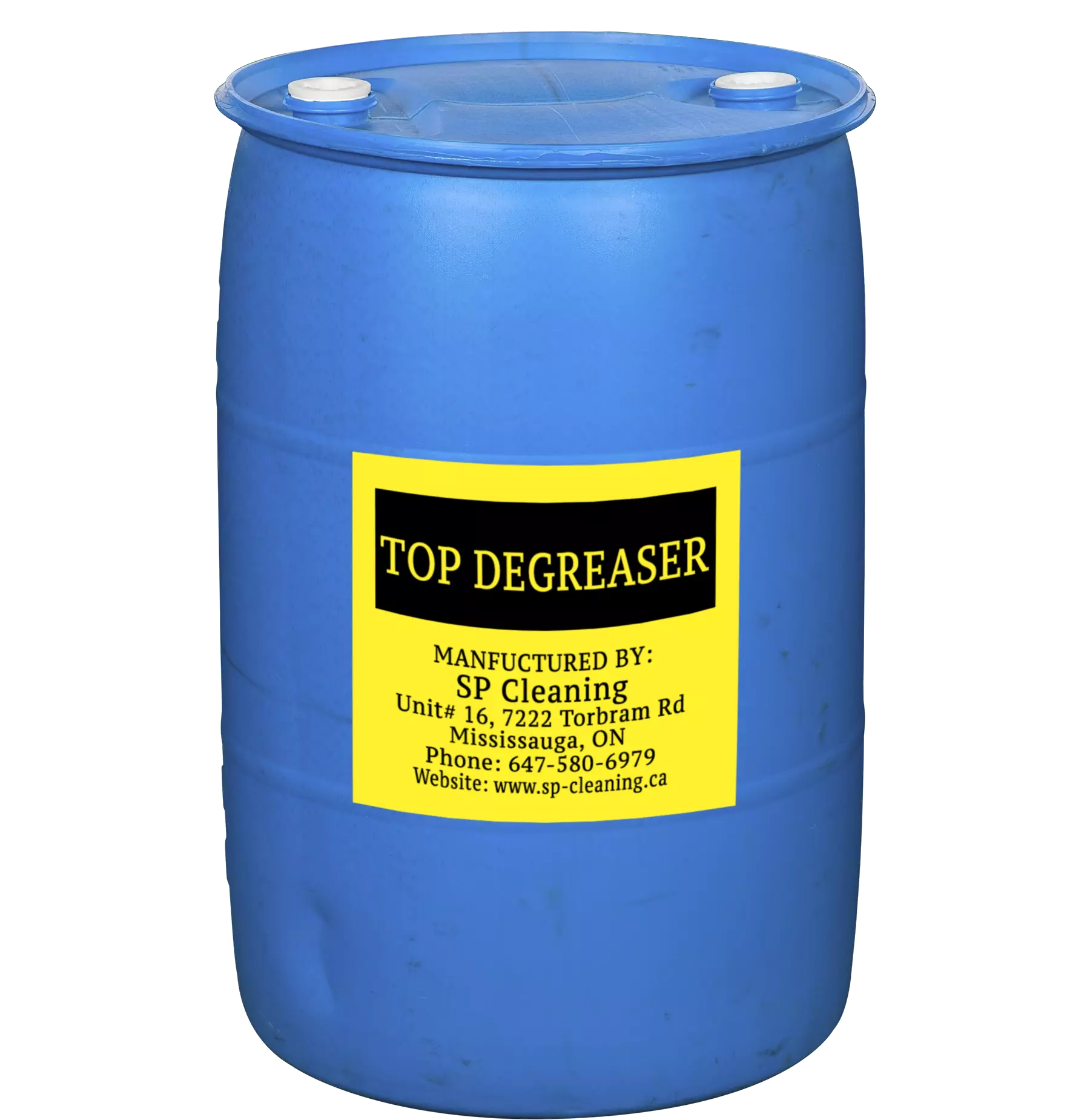6 Signs You’re About to Get Scammed by a Junkyard

Are you in need of car parts or looking to sell your old vehicle? Dealing with junkyards can be a cost-effective solution, but it’s essential to tread carefully. We all want fair deals, but sometimes, unsuspecting customers can fall victim to scams.
In this article, we’ll guide you through six simple signs that can help you steer clear of potential trouble when dealing with a junkyard. So, if you’re curious about how to protect your wallet and make smarter choices, keep reading.
Common Scams in Junkyards
- Some junkyards may overcharge or hide extra fees.
- Missing or fake documentation can be a sign of scams.
- Unprofessional behaviour, like rude staff, may indicate trouble.
- Be wary of low-quality or counterfeit parts.
- Pushy sales tactics might pressure you into a bad deal.
- Lack of transparency in the process can lead to trouble.
Specific Instances in Australia
- Instances in Australia include cases where customers were quoted one price but charged more upon arrival.
- Missing or forged receipts and invoices have been reported, causing issues with parts’ legitimacy.
- Customers have complained about junkyard staff being unhelpful or providing incorrect information.
- Some have found inferior parts that didn’t meet safety standards.
- Pressure tactics, like insisting on a sale without giving time to think, have been observed.
- Lack of clear information about a part’s history or quality has left buyers sceptical.
Sign 1: Suspicious Pricing
Do you ever get that feeling that something doesn’t quite add up when you see the price tag on a part from a junkyard? Trust your instincts! Here’s how to spot suspicious pricing:
Fair Pricing in Junkyards
In a fair and honest junkyard, prices for used auto parts are usually based on factors like the part’s condition, demand, and rarity. This means that commonly available parts in good shape should be reasonably priced, while rare or high-demand items might cost a bit more. Fair pricing ensures you get a good deal and that the junkyard stays competitive
Signs of Overpricing or Hidden Costs
When pricing seems way too high for a common part or unexpectedly low for a rare item, it can be a red flag. Also, watch out for hidden costs like excessive handling fees, undisclosed taxes, or mandatory warranties that can make your final bill much higher than expected. Always ask for a breakdown of the costs to avoid surprises.
Sign 2: Lack of Documentation
When dealing with a junkyard, it’s crucial to ensure all the necessary paperwork is in order. Proper documentation is like a safety net that helps protect your interests. Here’s why it matters and what to watch out for:
Importance of Proper Paperwork
Proper paperwork ensures that both you and the junkyard are on the same page. It’s like having a receipt for your purchase. This documentation helps prove that the transaction took place and offers protection if issues arise later.
Warning Signs of Missing or Forged Documents
Beware if the junkyard doesn’t provide any paperwork for your transaction. This could be a red flag. Likewise, be cautious if you suspect that the documents provided are not genuine. Trustworthy junkyards will have nothing to hide, and they should be able to provide the necessary records for your peace of mind.
Sign 3: Unprofessional Behaviour
Are you wondering how to tell if a junkyard is shady? Well, it’s often as simple as noticing how they behave. A professional junkyard or car removal company operates smoothly and treats customers with respect. But what happens when it doesn’t? Here are some straightforward things to look out for:
Professional Junkyard Operations
A well-run junkyard is like a well-oiled machine. The staff is organised, the place is clean and safe, and they follow the rules. It’s the kind of place that makes you feel like you’re in good hands.
Red Flags: Rude Staff, Lack of Information
However, if you encounter rude, unhelpful staff or find that they’re not willing to provide essential information about parts or prices, that’s a red flag. It’s a sign that this might not be the place to do business with. Trust your instincts when it comes to how you’re treated at a junkyard.
Sign 4: Low-Quality Parts
When dealing with a junkyard, the quality of the parts you’re getting is crucial. Here’s why, and how to spot subpar or fake components:
Importance of Quality Parts for Safety
Using high-quality parts in your vehicle is like ensuring it wears protective armour. These parts keep your car running smoothly and, most importantly, safely. Low-quality parts can lead to accidents and costly repairs. Safety always comes first.
How to Identify Inferior or Counterfeit Parts
Spotting low-quality or fake parts can be easier than you think. Look for signs like strange brand names, misspelt labels, and parts that look too worn for their claimed condition. Always double-check before installing anything in your car to stay on the safe side.
Sign 5: Pressure Tactics
Feeling pushed and rushed when making a decision at a junkyard? It’s a clear warning sign of a potential scam. Let’s break it down:
Honest Sales Tactics
In a fair and honest transaction, the staff at a junkyard will give you the time you need to make a decision. They won’t rush you into buying something or push you to make a quick choice. They understand that buying car parts or selling a vehicle is a big decision, and they should respect your need for time and information.
Identifying Pushy Sales Strategies Used in Scams
On the flip side, in a scam, you might experience aggressive sales tactics. The staff may try to force you into making a purchase, saying it’s a one-time offer or that you’ll miss out if you don’t decide right away. They might use high-pressure sales techniques to make you feel uncomfortable. If you ever feel hurried or pressured into a deal, it’s a sign that something might be wrong. Trust your instincts and take your time to make an informed decision.
Sign 6: Lack of Transparency
Transparency is like a bright light in any business deal. It means you can see everything clearly. When dealing with a junkyard, transparency is super important for a trustworthy transaction. It’s like making sure all the puzzle pieces fit just right. Here’s what to look out for:
The Role of Transparency in Trustworthy Transactions
Transparency means they’re open and honest with you. They should tell you everything about the parts or car you’re getting. It’s like when someone shows you all the ingredients in a recipe, so you know what you’re eating. Transparency builds trust.
Warning Signs: Incomplete Information, Avoiding Questions
If the junkyard isn’t telling you everything or avoids your questions, that’s a red flag. They might hide something, like a chef hiding a secret ingredient. If you sense they’re keeping things in the dark, it’s best to be cautious and think twice before making a deal.
Protecting Yourself
In the world of junkyards, staying safe and avoiding scams is crucial. Here are some simple steps to help you protect yourself:
Tips for Safeguarding Against Junkyard Scams:
- Do Your Research: Before visiting a junkyard, check online reviews and ask for recommendations from friends or family. Always look for buyers with good reputation or also consider your nearby services such as Cash for vans, or cars others are populars services available.
- Know the Part You Need: Have a clear idea of the specific part you’re looking for to avoid unnecessary purchases.
- Compare Prices:Get quotes from multiple junkyards to ensure you’re not overcharged.
- Ask Questions: Don’t be afraid to ask questions about pricing, part conditions, and warranties.
- Inspect the Part: Examine the part’s condition in person to ensure it’s what you need.
- Check for Hidden Fees: Be aware of any additional fees, such as handling or environmental charges.
Steps to Verify Junkyard Credibility and Reliability:
- Ask for Documentation:Request proper receipts and documentation for your purchase to maintain a record.
- Look for Licensing: Ensure the junkyard is licensed and complies with local regulations.
- Observe Staff Behaviour: Pay attention to the junkyard’s staff; professionals are usually polite and helpful.
- Check for a Physical Address:A legitimate junkyard should have a fixed physical location.
- Online Presence: Reputable junkyards often have websites or contact information online.
- Seek Recommendations: Trust recommendations from friends and family who have dealt with the junkyard.
Conclusion
In conclusion, when dealing with junkyards in Australia, always watch out for these six warning signs to avoid getting scammed. Remember to check prices, demand proper documentation, expect professional behaviour, inspect parts, be wary of pressure tactics, and insist on transparency. Stay informed, stay vigilant, and protect yourself from potential scams. Your wallet and peace of mind will thank you.







